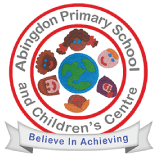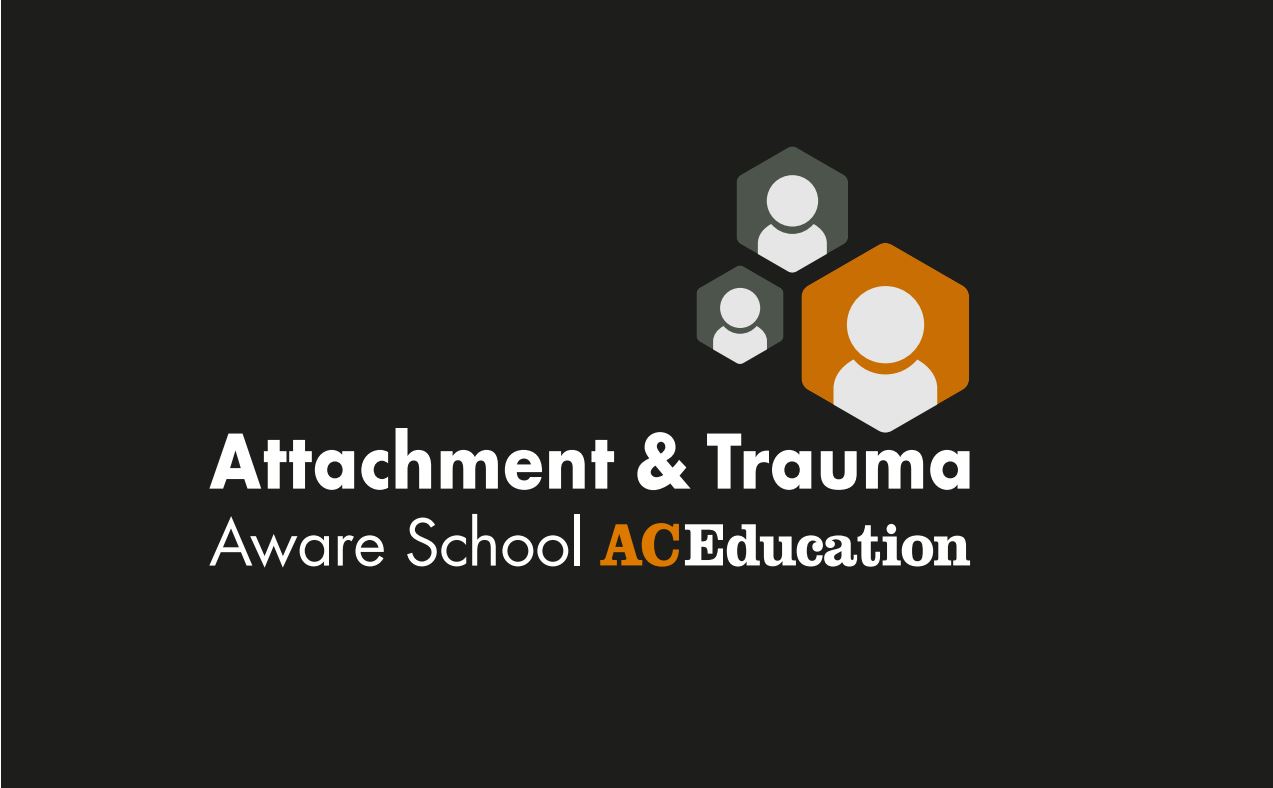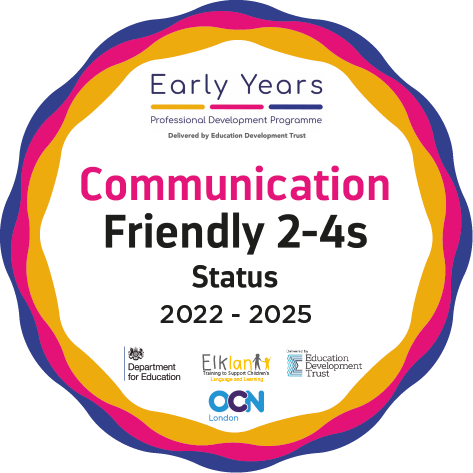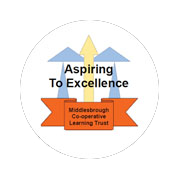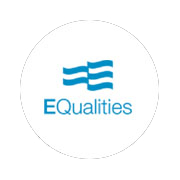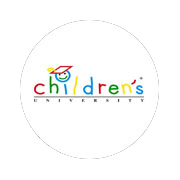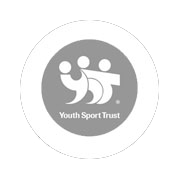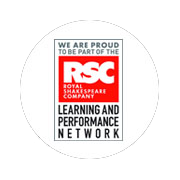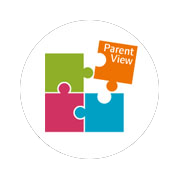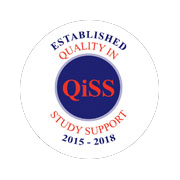Please click the following link to view our RSHE Policy
- Home
- Our School
- Team Around the Child
- Curriculum
- Statutory
- Accessibility Plan
- Admissions Policy
- Attendance Policy
- Behaviour including Anti-Bullying Policy
- Charging and Remissions Policy
- Child Protection and Safeguarding Policy
- Complaints Policy and Procedures
- Data Protection
- Digital Resilience Policy
- Remote Learning
- Equality Policy
- Health and Safety Policy
- Statutory Data
- Financial Information
- Music Development Plan
- Ofsted
- PE and Sports Premium
- Pupil Premium
- Privacy
- RSHE Policy
- School Uniform Policy
- SEND Information Report
- SEND Policy
- Suspensions and Permanent Exclusions
- EYFS Policy
- Whistleblowing policy
- Gender Pay Gap
- Contact


